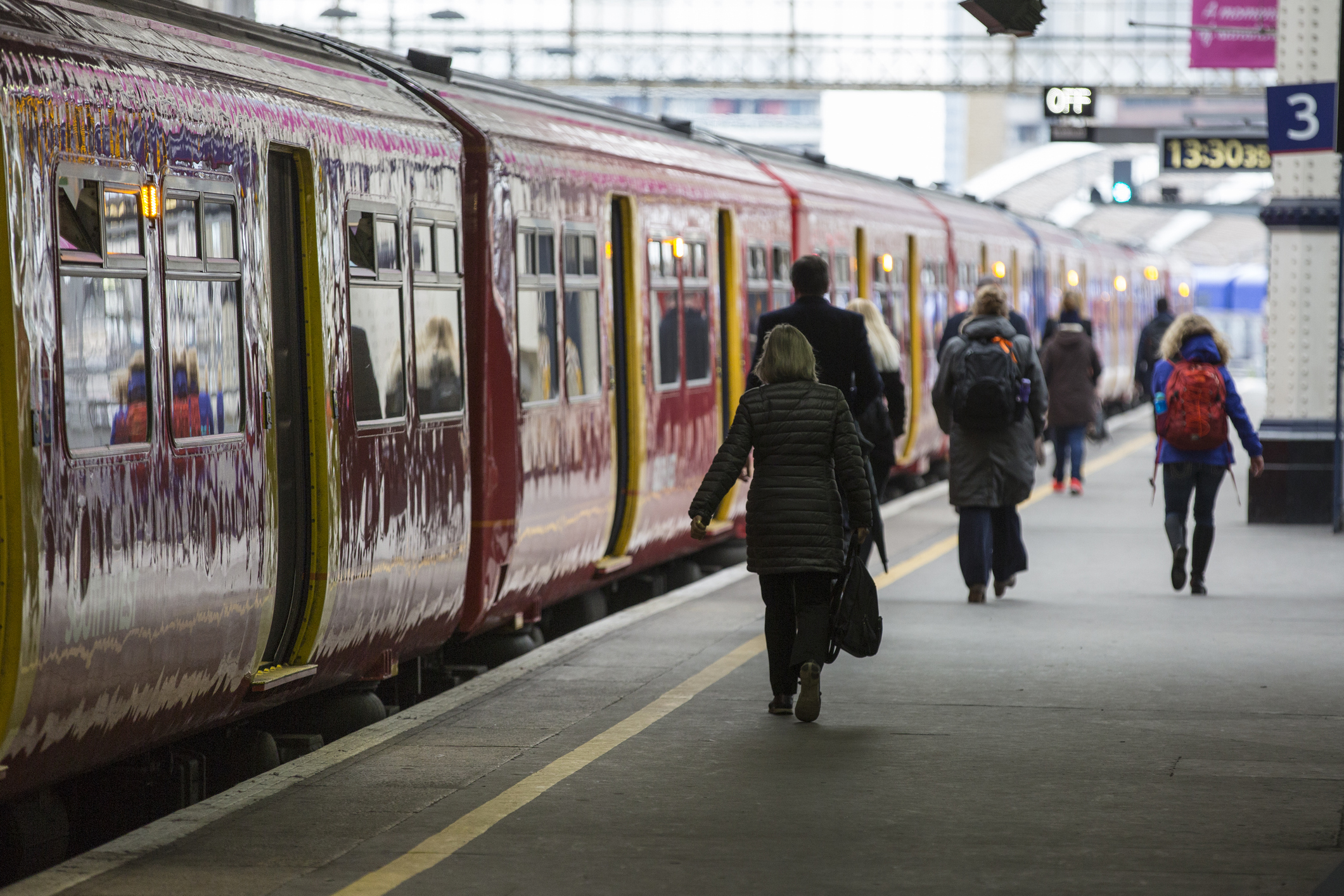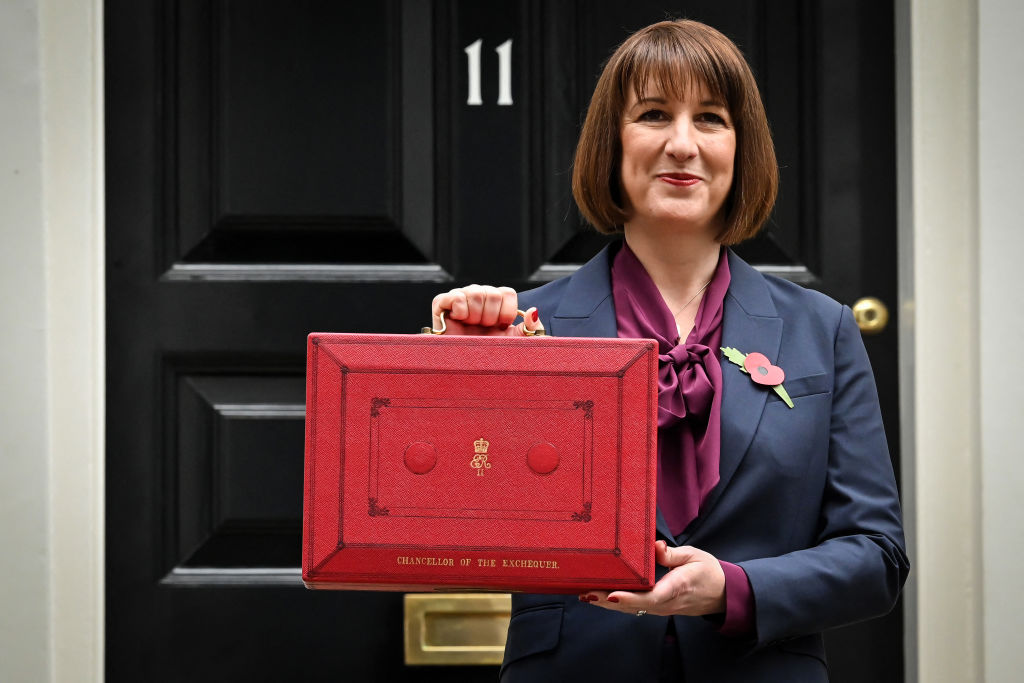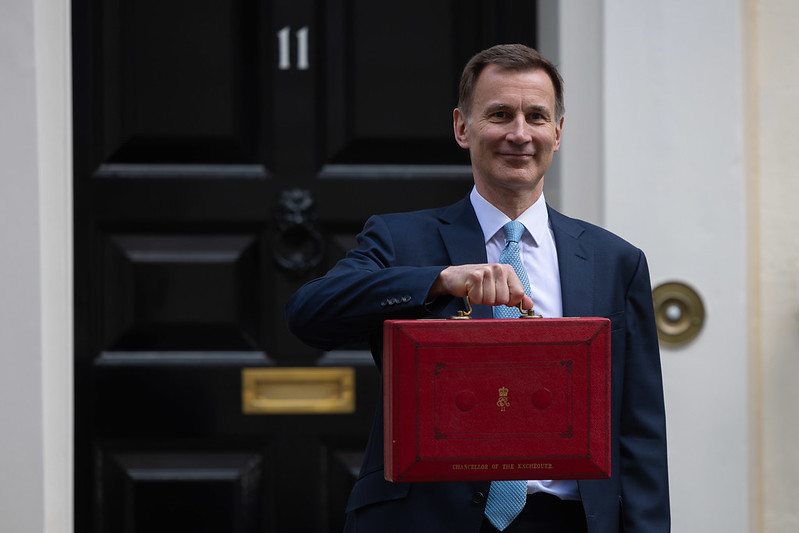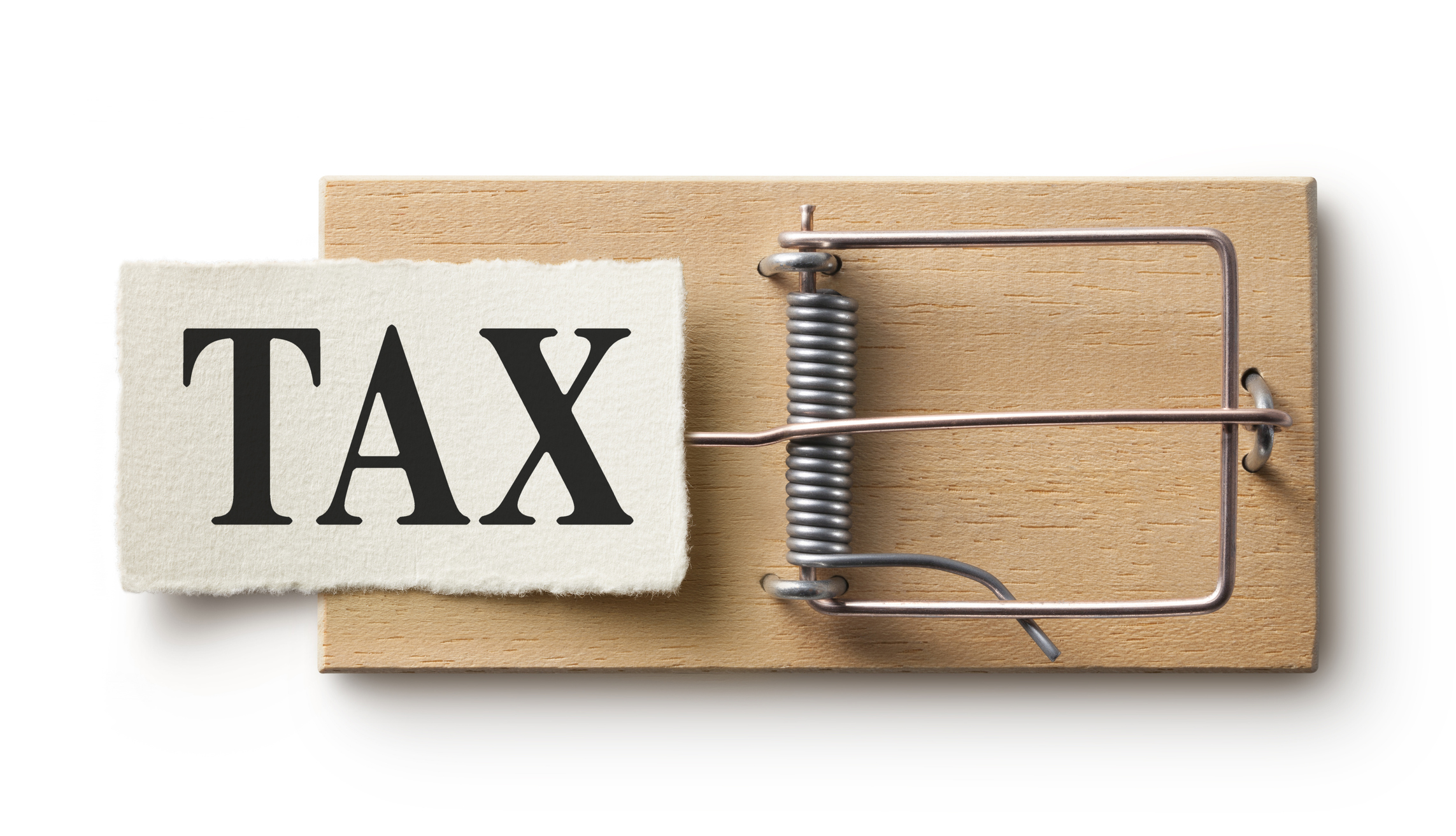Triple lock to stay: how will it affect your pension?
Triple lock looks set to stay, but what it is and what does it mean for your retirement income?


Get the latest financial news, insights and expert analysis from our award-winning MoneyWeek team, to help you understand what really matters when it comes to your finances.
You are now subscribed
Your newsletter sign-up was successful
Want to add more newsletters?

Twice daily
MoneyWeek
Get the latest financial news, insights and expert analysis from our award-winning MoneyWeek team, to help you understand what really matters when it comes to your finances.

Four times a week
Look After My Bills
Sign up to our free money-saving newsletter, filled with the latest news and expert advice to help you find the best tips and deals for managing your bills. Start saving today!
The pensions triple lock is here to stay, meaning pension will rise in line with inflation in the new tax year, chancellor Jeremey Hunt said in his Autumn Statement this week.
In its 2019 manifesto the Conservative Party promised to uphold the triple lock, which ensures the state pension is increased each year by either the rate of inflation, the rise in average earnings or 2.5% – whichever is higher. With inflation rising rapidly, the future of triple lock has been questioned over the years.
On 17 November chancellor Jeremy Hunt confirmed the party was keeping its promise and increasing state pensions in line with last month’s inflation figure of 10.1%. But even this figure is outdated now; the latest data from the Office for National Statistics showed UK inflation is running at a 41-year high of 11.1%.
MoneyWeek
Subscribe to MoneyWeek today and get your first six magazine issues absolutely FREE

Sign up to Money Morning
Don't miss the latest investment and personal finances news, market analysis, plus money-saving tips with our free twice-daily newsletter
Don't miss the latest investment and personal finances news, market analysis, plus money-saving tips with our free twice-daily newsletter
So what does this mean for pensioners, and how much will the state pension rise by?
Pensions triple lock reinstated from April 2023
Much to the dismay of many pensioners, in April of this year the government suspended the state pension triple lock due to the impact of the pandemic, and increased the state pension by 3.1% instead of 8.3%, the rate inflation was running at the time.
There had been reports the government was considering scrapping the triple lock because of the cost to public finances, but it has now been confirmed retirees are getting a 10.1% increase to their state pension from April, which translates into an £870 increase a year. That’s the biggest ever cash increase to the state pension. It takes the annual pension to £10,600.20.
Pension credit, for pensioners on the lowest incomes, will also increase by 10.1%, worth up to £1,470 for a couple and £960 for a single pensioner. Finally, pensioners will receive a one-off £300 cost of living payment.
But the increase won’t come into effect until April 2023, “so there is a tough winter ahead”, says Helen Morrissey, senior pensions analyst at Hargreaves Lansdown.
“The reinstatement of the triple lock after its suspension last year will cool some of the discussion around its long-term viability for a while, but with a review of state pension age due to be published soon, now is the time to carry out a comprehensive review of the state pension to ensure it best helps those who need it most, both now and into the future,” Morrissey added.
However, pension increases coupled with tax freezes on income tax and national insurance might push pensioners over these thresholds and result in them paying more tax. Inflation is still on the rise, too, which will mean pensioners will continue to feel a squeeze on their finances.
Get the latest financial news, insights and expert analysis from our award-winning MoneyWeek team, to help you understand what really matters when it comes to your finances.
Nic studied for a BA in journalism at Cardiff University, and has an MA in magazine journalism from City University. She has previously worked for MoneyWeek.
-
 Can mining stocks deliver golden gains?
Can mining stocks deliver golden gains?With gold and silver prices having outperformed the stock markets last year, mining stocks can be an effective, if volatile, means of gaining exposure
-
 8 ways the ‘sandwich generation’ can protect wealth
8 ways the ‘sandwich generation’ can protect wealthPeople squeezed between caring for ageing parents and adult children or younger grandchildren – known as the ‘sandwich generation’ – are at risk of neglecting their own financial planning. Here’s how to protect yourself and your loved ones’ wealth.
-
 Rail fares could spike by 5.8% next year – how to save on train travel
Rail fares could spike by 5.8% next year – how to save on train travelJuly’s RPI inflation reading tends to determine rail fare hikes in the following year. We look at how much your train tickets could cost, and how to save money
-
 The most and least expensive countries to be an expat in 2025
The most and least expensive countries to be an expat in 2025With some Brits fleeing the country to avoid seemingly ever-increasing taxes, we look at the most and least expensive countries to emigrate to.
-
 What is the average salary by age – and how do you compare?
What is the average salary by age – and how do you compare?Are you making more than your peers? We look at the average salary by age to see how much the typical Brit earns at different stages of their life
-
 What has changed with employers’ National Insurance – and how will it impact you?
What has changed with employers’ National Insurance – and how will it impact you?Will you feel the effects of the National Insurance hike, as businesses warn of redundancies, smaller pay rises and higher inflation?
-
 Conservatives pledge to cut National Insurance again – how much could you save?
Conservatives pledge to cut National Insurance again – how much could you save?News A 2p reduction in National Insurance is a key feature of the Tory’s general election manifesto.
-
 Workers set for new national insurance tax cut – how much will you save?
Workers set for new national insurance tax cut – how much will you save?News National insurance tax rates have fallen but frozen allowances may limit the benefits.
-
 Budget 2024: National Insurance cut, a new British ISA, and reform of the child benefit charge - here’s what has been announced
Budget 2024: National Insurance cut, a new British ISA, and reform of the child benefit charge - here’s what has been announcedThe chancellor has announced a host of changes, including cutting National Insurance again, and abolishing some tax reliefs. Here’s how the Budget will affect your finances.
-
 Brace for a year of tax rises
Brace for a year of tax risesThe government is strapped for cash, so prepare for tax rises. But it’s unlikely to be able to squeeze much more out of us.
